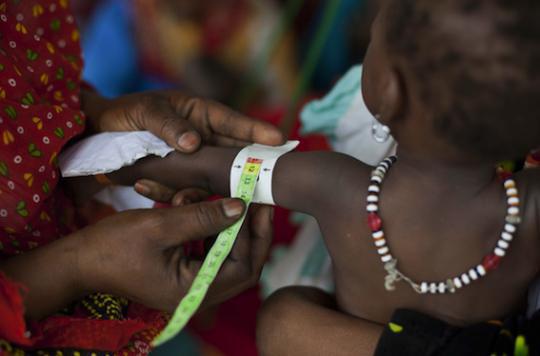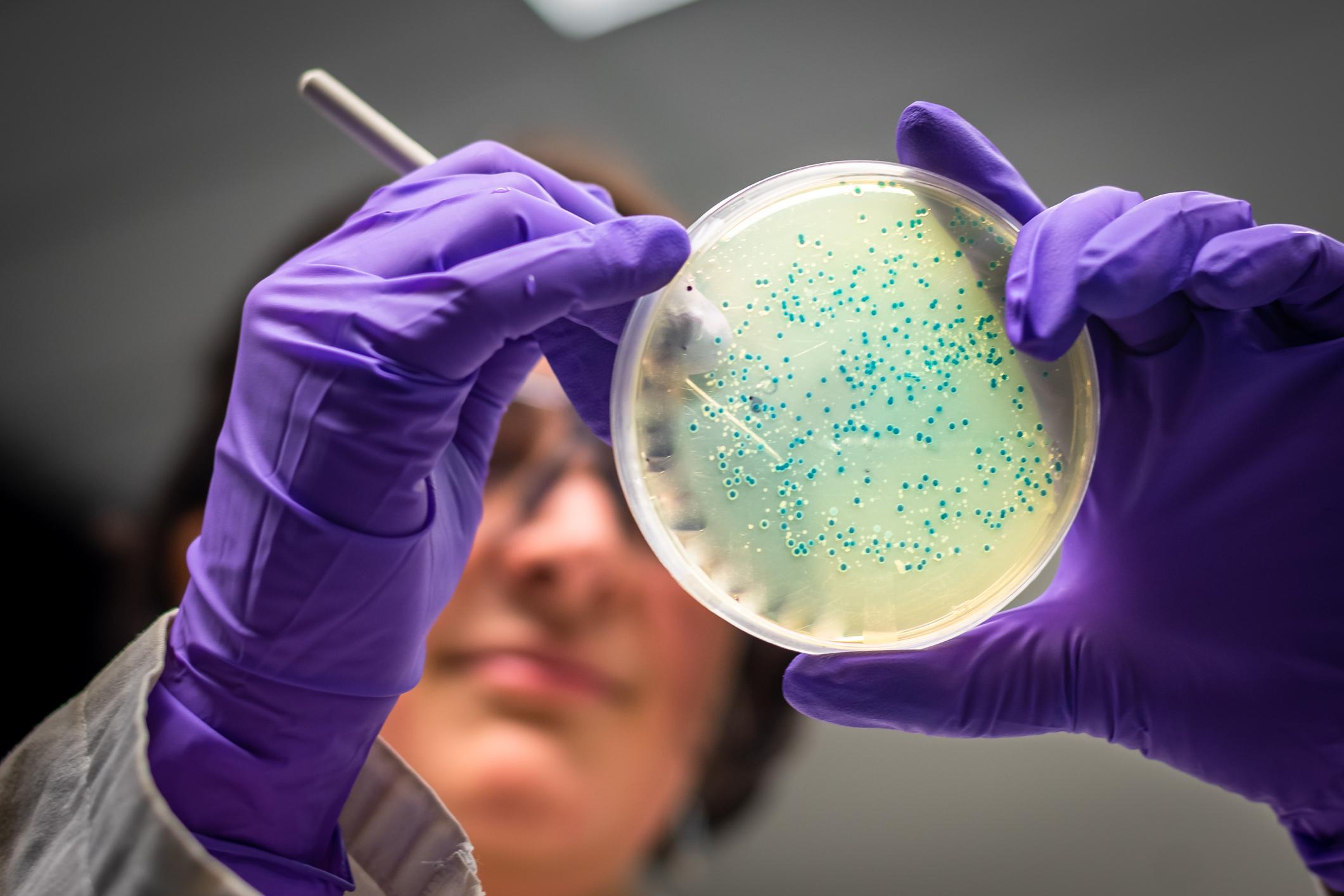A study conducted by MSF shows that systematic antibiotic therapy does not provide significant benefit in the treatment of malnourished children in Niger.

Antibiotic therapy has no benefit in treating malnourished children, reveals study conducted by Médecins Sans Frontières (MSF) and Epicenter (1), and published in the New England Journal of Medicine.
Conducted in Madarounfa, in southern Niger, between October 2012 and November 2013, this work focused on a double-blind, placebo-controlled trial on 2,399 children aged 6 months to 5 years. During the study, 2 groups of children with uncomplicated acute malnutrition were randomly determined. For 7 days, the first received an antibiotic, amoxicillin, and the other took a placebo.
Nutritional recovery was seen in 65.9% of the children who received the antibiotic and in 62.7% of the children who received a placebo. “The study did not show any significant differences in terms of nutritional recovery between the group that received amoxicillin and that that received the placebo,” confirms Dr. Myrto Schaefer, Deputy Medical Director of MSF. These findings challenge the widely held belief that routine antibiotic therapy is necessary or beneficial in the treatment of malnutrition ”.
20 million malnourished children in the world
Acute malnutrition is the most dangerous form of the disease. Almost 20 million children around the world suffer from it. Until 1999, all patients were hospitalized. But today, on the recommendation of the World Health Organization, children suffering from uncomplicated acute malnutrition are increasingly cared for at home and treated with ready-to-use therapeutic foods. Systematic antibiotic therapy is added to this treatment.
Besides the MSF trial, only one other study in Malawi looked at the benefits of using antibiotics. In view of the high prevalence of HIV and severe forms of malnutrition, the children included were considered vulnerable. Therefore, the researchers concluded in favor of this systematic treatment. Nevertheless, MSF stresses that these results are difficult to apply to a more general population suffering from moderate malnutrition.
Reduce antibiotic resistance
In addition, the NGO recalls the health and economic burden of antimicrobial resistance generated by the misuse of these drugs. Today, the appearance of bacterial resistance threatens the most common treatments. And if nothing is done, the situation could well get worse. Also, for MSF their systematic use for the treatment of acute malnutrition – which is equivalent to 15% of the overall administration of antibiotics in children under 5 years of age – should be further questioned and studied.
“This study shows that, in certain settings, we can withdraw antibiotics from standard treatment without compromising the child’s chances of recovery,” concludes Rebecca Grais, research director at Epicenter. In fact, in regions where the medical care capacities are adequate, the health authorities may consider stopping the systematic administration of antibiotics as part of the treatment of malnutrition. “
(1) MSF epidemiological research center
Childhood malnutrition: Antibiotics really not automatic according to @MSF_france [étude @NEJM au Niger] https://t.co/wWIzXGxoEk #health
– Pourquoidocteur (@Pourquoidocteur) February 5, 2016
.
















